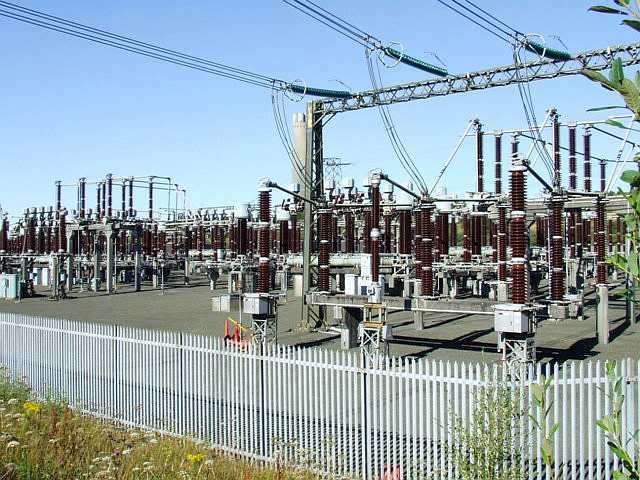By Faith Waithaka
The outlook for data centre growth on the African continent looks bullish. With a population of almost 1.5 billion people, the African marketplace possesses a significant advantage in terms of market size and potential.
Importantly, whilst the continent might lag behind countries like China and India when it comes to sheer population size, what sets it apart is the average age of its population which is between 18-19 years. It is a young generation that is well equipped to adapt to the digital’s environment continuous change.
This younger generation has a natural affinity for learning and working with technologies such as AI. It’s this demographic advantage that will fast track Africa’s strengthening role in the global data centre marketplace.
Another important differentiator is the continent’s geographical location. Positioned almost centrally on earth, it offers major advantages in terms of connectivity and accessibility. Cities like Mombasa in Kenya are incredibly well located on sub-sea fibre links, offering a gateway to Asia that contributes to the processing of large amounts of data traffic.
Multinationals step into the limelight
Multinationals have a major role to play in harnessing full potential of the African data centre market. Bridging the data centre skills gap is an important step. Increasingly, multinational companies are hiring local engineers, providing valuable expertise and experience whilst exposing them to the global market.
At Schneider Electric for example, teams from regions such as Anglophone and Francophone Africa have continuous access to knowledge and developments from their peers across the world. This is incredibly valuable as it allows these teams to stay on par with their global counterparts.

Importantly, it bridges the talent gap and brings the requisite skills that contribute to the ongoing growth of the African data centre marketplace.
Another important data centre growth enabler is infrastructure development. Multinationals contribute to various aspects of infrastructure development, including grid stability, efficient water management, and the introduction of advanced technologies.
In turn, these investments deliver advancements in cooling systems, electrical equipment, and the promotion of renewable energy sources. Simply put, these developments and ongoing investment by multinationals offer significant benefits to the continent.
When discussing multinationals’ role in the African data centre market, it would be remiss not to mention sustainability. Here, these organisations have a significant part to play in ensuring local data centre markets align with international environmental sustainability principles.
This includes implementing energy efficient infrastructure that utilises renewable energy sources, optimises cooling systems to minimise energy consumption, and effectively manages and tracks water consumption.
Together with environmental sustainability, social and governance also come into play. The data centre industry has the potential to bring significant growth in terms of education access, particularly through digital platforms. This can greatly improve access to education in Africa, providing opportunities for learning and skills development.
If one considers the ongoing investment in Africa and its favourable geographical position, it is highly likely that the continent will become a major player in both data centre expansion and the processing of data. Over the next decade, a substantial portion of global data processing is expected to flow through Africa, cementing its position as a key player in the data centre industry.
Faith Waithaka is the Cloud and Service Provider Segment Sales Lead: Anglophone Africa at Schneider Electric and Kevin Kent, Founder & CEO of Critical Facilities Efficiency Solutions






